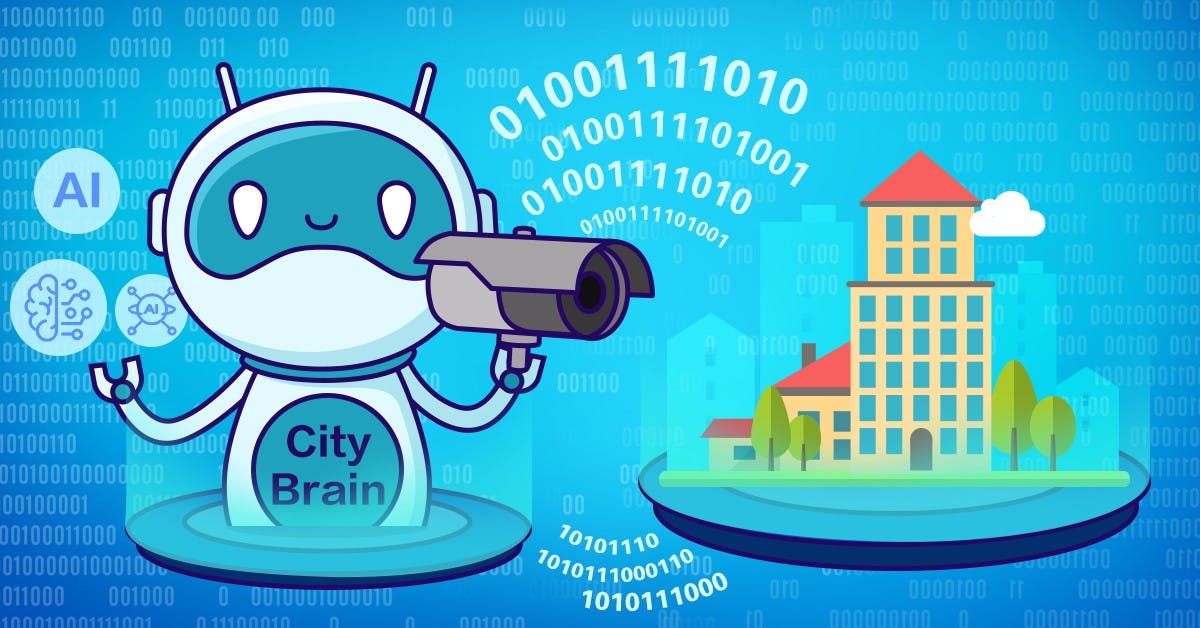924 reads
City Brain: Cameras Get a New Perspective in Hangzhou
by
June 7th, 2018
1st-hand & in-depth info about Alibaba's tech innovation in AI, Big Data, & Computer Engineering
About Author
1st-hand & in-depth info about Alibaba's tech innovation in AI, Big Data, & Computer Engineering
